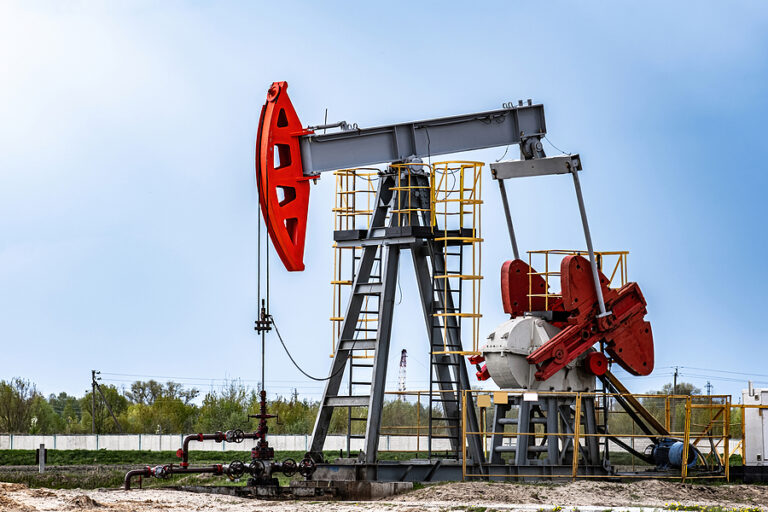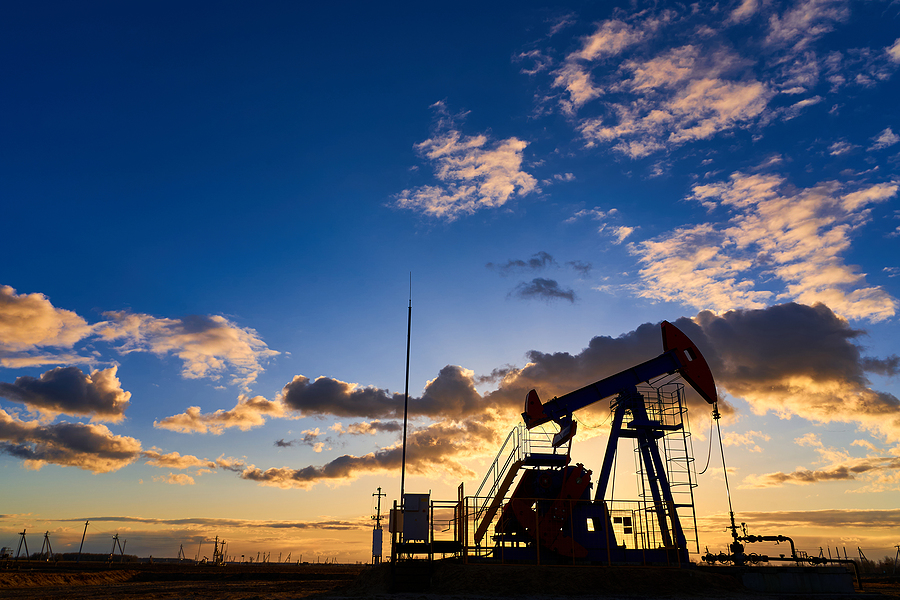Fargo Oilfield Injury Attorneys
The average person probably can’t truly understand just how dangerous an oilfield can be. Any sort of accident, even one that most would consider to be relatively minor, can lead to a catastrophic, life-altering injury. An oilfield accident can oftentimes result in tragedy as well. What makes this type of accident even harder to accept is that, in many instances, it is entirely preventable. But due to negligence on the part of an employee, an employer or a third party, needless suffering occurs on a far too regular basis.
The oilfield accident attorneys with Sand Law are standing by to help if you’ve either suffered a severe injury, or lost a loved one, in an accident caused by the negligence of another. We have extensive experience, and a deep understanding of this area of the law. Our team of legal representatives will be ready to assist you in obtaining the compensation you deserve for the suffering you’ve experienced.
If you would like to learn more, or you would like to schedule a free consultation, please give us a call at 701-609-1510 or contact us online.
Fargo, North Dakota Oilfield Injury Statistics
Hundreds of workers are severely injured each year on average, and, tragically, several succumb to those injuries.
If you needed proof that oilfield work is incredibly dangerous, it is estimated that oil and gas workers are seven times more likely to die than workers in any other industry. There were 13 deaths for every 100 full-time oil and gas industry workers in 2018, according to the Bureau of Labor Statistics.
Common Types of Oilfield Injuries

An oilfield is obviously a volatile environment, but it’s also filled with heavy, dangerous machinery. It’s no wonder, then, that whenever an accident leads to an injury, that injury is likely to be extremely serious. These are just some of the more common injuries that occur.
- Burns. Oilfields are packed with flammable materials that can easily explode. When someone is unfortunate enough to be too close to an explosion, they can suffer excruciatingly painful burns. The surgical procedures needed to treat burns can be just as excruciating.
- Neck and back injuries. Oilfield workers regularly have to lug around very heavy tools, and will often forget to use the right technique when lifting them. That could result in injuries to the neck and back that can result in long-term debilitation.
- Traumatic brain injury. Even though workers in the oil and gas industry are required to wear helmets, headgear can only offer so much protection. Employees regularly suffer traumatic brain injuries when struck by equipment or suffering a fall.
Causes of Injuries and Fatality Amongst Oilfield Workers
As you learned earlier, many types of oilfield accidents could have been prevented if employers and others had taken the proper precautions. These are just a few of the types of accidents that often occur due to negligence.
Equipment Malfunctions
Oilfield operators will often place profits over the safety of their workers. They will, as a result, often skimp on equipment, continuing to use machinery long past its prime. This can increase the risk of a devastating failure exponentially.
But there are times where even new equipment can fail, leading to severe injuries or deaths. These failures are sometimes due to the equipment being manufactured in a negligent fashion, using defective parts. When this happens, victims and their families may be able to bring a third-party lawsuit against that manufacturer.
Falling Equipment
Oilfield workers often have to perform their jobs around massive platforms that can extend several feet high. While they should be built to withstand a great deal of pressure, and be designed to weather the elements, they will sometimes fail due to a lack of maintenance. When they collapse, or pieces of the platform fall to the ground, the results can be horrible.
Safety Issues
An oilfield site can be very difficult to navigate, even for the most experienced workers. This environment is rife with slip and fall risks, which can often happen from high distances.
Ignoring Regulations
Again, operators will put profits over safety in far too many instances. Even though there are strict industry regulations regarding worker safety, operators ignore them on a regular basis. The last thing they want to do is to have to deal with delays – for any reason. This lack of care can often have terrible consequences.
Poor Training
One way employers flaunt regulations involves training of workers. When these workers are new to the job, they might not receive proper training on safety procedures. They might not even know how to use potentially deadly machinery correctly. This, of course, is a recipe for disaster.
Co-worker Negligence
Working in the oil and gas industry often requires putting in 12-hour (or longer) shifts. A fatigued worker could very easily make a mistake that could result in a severe injury or worse. But there are some times where workers are simply careless, and this carelessness can lead to tragedy.
Safety Protocols Every Oilfield Worker Should Know
Oilfields, with their heavy machinery and volatile materials, are inherently dangerous. However, adhering to safety protocols can significantly reduce the risk of accidents. Workers should always wear appropriate protective gear, including helmets, safety goggles, and flame-resistant clothing.
Regular safety drills, equipment checks, and training sessions are crucial. Additionally, clear communication among team members can prevent misunderstandings that lead to accidents. By prioritizing safety and staying updated on best practices, oilfield workers can protect themselves and their colleagues. If they weren’t trained or properly taught how to enact safety procedures, the oilfield company may be liable for injuries that occur as a result.
What to do After an Oilfield Accident

The first thing an injured oilfield worker has to do is to report the injury to their supervisor immediately. This will help ensure the incident is properly documented, which will be very important to ensuring the worker is compensated. Medical attention must immediately be summoned as well.
If you have been severely injured due to no fault of your own, your next step should be to call an attorney. You may need to take legal action if you’re unable to obtain fair compensation through workers’ compensation, which you’ll learn a little more about in the next section.
The Long-Term Consequences of Oilfield Injuries
While immediate injuries from oilfield accidents can be severe, the long-term repercussions can be equally daunting. Physical injuries might require prolonged medical treatment and rehabilitation and could lead to permanent disabilities.
Psychologically, the trauma of an accident can result in anxiety, depression, or post-traumatic stress disorder. These long-term effects can impact a worker’s ability to return to the field, affecting their livelihood and quality of life. Recognizing these potential long-term consequences underscores the importance of seeking comprehensive compensation and support.
Will Workers’ Comp Cover My Damages?
Hopefully, yes. But there’s no guarantee. Trying to file a workers’ compensation claim can sometimes be extremely difficult. This will especially be the case if your injury is severe.
The workers’ comp system typically works well when injuries are relatively minor, and only require an employee to miss a few days. When the injury is serious, that can create complications. If you find yourself in this situation, you’ll need to get the help of an experienced attorney as soon as you can.
Should I Hire an Oilfield Accident Attorney?
Why would you need legal representation? You might not be obtaining the full compensation you deserve through your workers’ compensation claim. The employer’s insurance company – or even the employer itself – might be unreasonable. An attorney can help convince them they should pay you what you deserve – or risk having to pay even more after losing a lawsuit.
Personal injury attorneys can also work to identify any potentially liable third parties, such as the manufacturer of a defective equipment that was mentioned earlier. This will take a thorough investigation, one that an experienced legal representative will have the resources to perform.
Sand Law has that experience, and we have the resources to help you get every penny that’s coming to you. Call 701-609-1510 or use our online form to schedule a free case review.
Related Topics
5 Oilfield Accident Facts You Should Know
Emergency Response: The Critical Steps After an Oil Field Accident
The Hazards of Truck Accidents in the Oil and Gas Industry
What Happens if My Workers’ Comp Claim is Denied After an Oilfield Accident?
Should I Go Back to Work After an Oilfield Injury?
Common Causes of North Dakota Oil Field Accidents and Explosions
